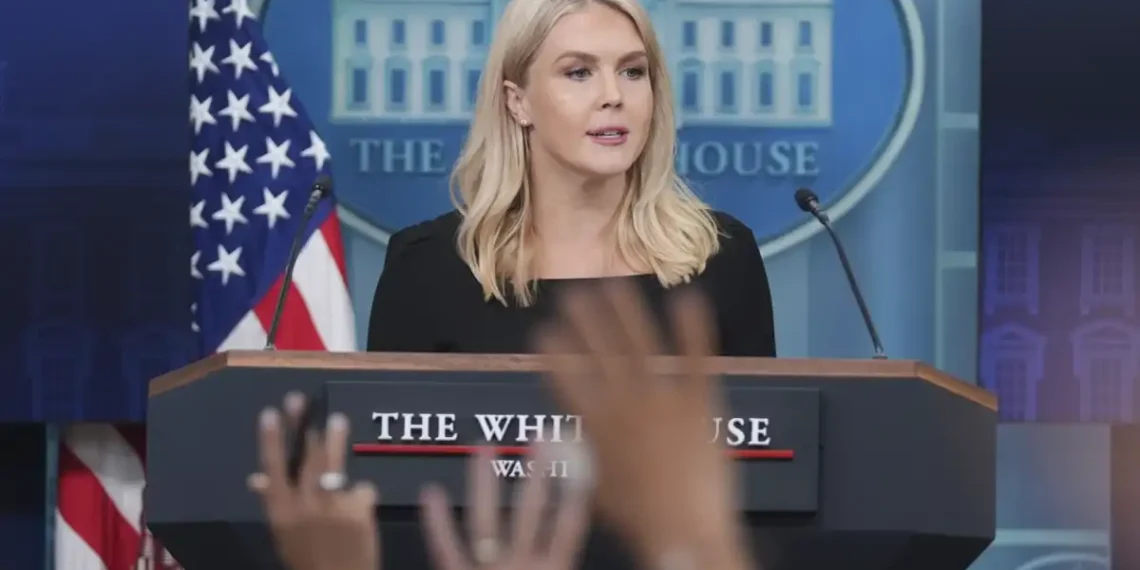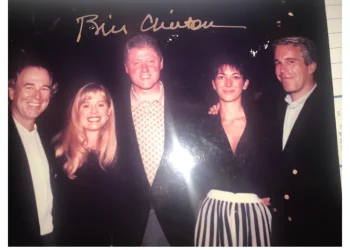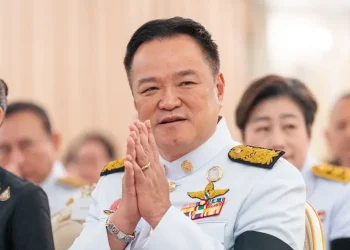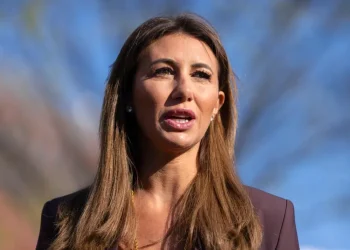Trump Silent on Juneteenth — A Holiday He Once Claimed to Make “Famous”
WASHINGTON — Former President Donald Trump, who once said he made Juneteenth “very famous,” had nothing to say about the holiday this year — a striking silence from someone who repeatedly acknowledged it during his first term in office.
On Wednesday, as the nation observed Juneteenth — the holiday commemorating the end of slavery in the U.S. — Trump offered no public statement, no social media post, and no proclamation. His quiet stood in sharp contrast to his past rhetoric, and even contradicted prior White House guidance suggesting he would issue a Juneteenth proclamation.
When asked if the president planned to mark the day, White House press secretary Karoline Leavitt simply replied, “I’m not tracking his signature on a proclamation today.” Pressed again, she doubled down: “I just answered that question for you.”
A Shift From Trump’s Past Juneteenth Acknowledgements
During his first four years as president, Trump publicly honored Juneteenth every year, well before it became a federal holiday in 2021 under President Joe Biden. His official statements from 2017 to 2020 highlighted the historical importance of June 19, 1865 — the day Union troops brought word of emancipation to enslaved Black people in Galveston, Texas, more than two years after the Emancipation Proclamation.
Here are some excerpts from Trump’s past Juneteenth messages:
- 2017: He praised the “soulful festivities and emotional rejoicing” in Galveston.
- 2018: “We honor the unbreakable spirit and countless contributions of generations of African Americans.”
- 2019: African Americans “continue to enrich every facet of American life.”
- 2020: Juneteenth is “a remembrance of a blight on our history and a celebration of our Nation’s unsurpassed ability to triumph over darkness.”
The Tulsa Controversy and Trump’s “Famous” Remark
Despite his prior acknowledgments, Trump has had a complicated history with Juneteenth. In 2020, during the pandemic, he scheduled a campaign rally in Tulsa, Oklahoma on June 19, sparking fierce backlash. Tulsa was the site of one of the worst racial massacres in U.S. history — the 1921 destruction of the city’s thriving Black district known as Black Wall Street, where as many as 300 Black residents were killed.
Amid criticism, Trump postponed the rally by one day. In an interview with The Wall Street Journal, he tried to frame the controversy as a win.
“I did something good. I made it famous,” Trump said. “Very few people had heard of it.”
That remark drew further criticism, especially from Black Americans who had long celebrated Juneteenth as a vital part of their history and culture — even before it gained national recognition.
From Campaign Promises to DEI Rollbacks
In the lead-up to the 2020 election, Trump made a push to win over Black voters, even suggesting he would establish Juneteenth as a federal holiday — a promise he ultimately couldn’t fulfill after losing the race to Joe Biden.
Once back in office after winning in 2024, Trump took a different direction. One of his first actions in his second term was to eliminate federal diversity, equity, and inclusion programs, calling them “illegal and immoral discrimination programs.”
Meanwhile, Biden Celebrates in Galveston
While Trump stayed silent this year, President Joe Biden marked the occasion in a meaningful way. He spent the holiday in Galveston, Texas, where Juneteenth’s story began, and spoke at a historic African Methodist Episcopal church. During his presidency, Biden has consistently issued Juneteenth proclamations and hosted celebratory concerts on the White House lawn featuring artists like Gladys Knight, Patti LaBelle, and Kirk Franklin.
A Presidential Contrast on a Historic Day
Trump’s silence on Juneteenth 2025 is a notable departure not only from his own past acknowledgments, but from the broader national embrace of the holiday since it became law. For a man who once claimed credit for elevating Juneteenth’s profile, this year’s lack of recognition has left a noticeable gap.
As the U.S. continues grappling with its history of racial injustice, how leaders choose to honor — or ignore — moments like Juneteenth says as much about their priorities as their policies.
This article was rewritten by JournosNews.com based on verified reporting from trusted sources. The content has been independently reviewed, fact-checked, and edited for accuracy, neutrality, tone, and global readability in accordance with Google News and AdSense standards.
All opinions, quotes, or statements from contributors, experts, or sourced organizations do not necessarily reflect the views of JournosNews.com. JournosNews.com maintains full editorial independence from any external funders, sponsors, or organizations.
Stay informed with JournosNews.com — your trusted source for verified global reporting and in-depth analysis. Follow us on Google News, BlueSky, and X for real-time updates.














